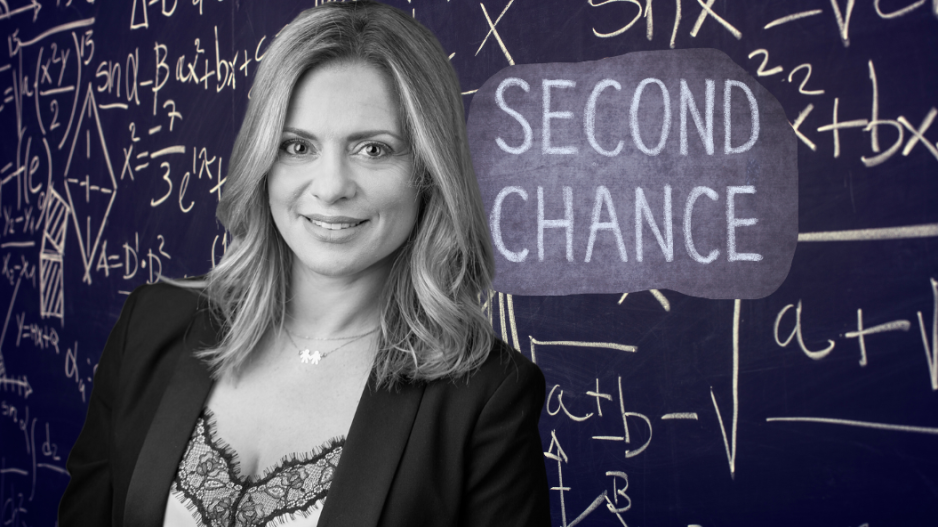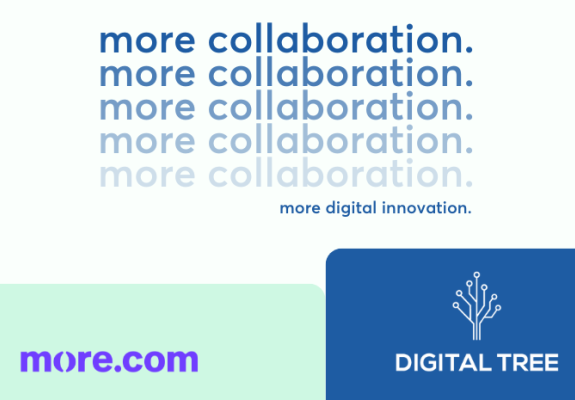Is Access to Opportunities Equal for All?
At the beginning of this academic year, we had the opportunity of visiting the apprenticeship schools and meeting face to face with the staff and the students. Apprenticeship schools are schools that give a second opportunity to students aged 14-17 that have dropped out from compulsory education and seek for another chance to enter the education system. Fortunately, there are four schools around Cyprus supporting up to 40 students per year. However, not all students are able to find motivation during this one-year school and not all the students find their way back to high schools. Those are the students that authorities should be focusing on. They are definitely a priority for Junior Achievement Cyprus.
True to our JA Worldwide values, we offer equal educational opportunities to students coming from diverse backgrounds and especially to those who have limited opportunities of realizing their full potential. Equal educational opportunities refer to the principle that all individuals, regardless of their background, should have access to the same quality of education. It emphasizes the belief that every person deserves an equal chance to develop their skills, knowledge, and potential, regardless of their socioeconomic status, race, gender, or any other characteristic. Providing equal educational opportunities means ensuring that resources, facilities, and teaching methods are inclusive and accessible to all students. By promoting equality in education, society can empower individuals to overcome barriers, fulfill their aspirations, and contribute meaningfully to their communities, fostering a more equitable and just society.
But how this could be done?
Collaborating with the Apprenticeship schools is like investing in Cyprus. Towards that direction, we aim at creating strong partnership and channels of communication with the four Apprenticeship schools meeting both the staff and the students, for fully comprehending what the main needs of both are. During the first meeting our efforts were concentrated in empowering the directors of the Apprenticeship schools on how entrepreneurship education could serve their school’s purpose and how the programme can be developed into a life experience for the students. In the second meeting we trained the teachers to be able to further support the students in the whole process of developing their own business idea. In the third meeting we met with the students and the truth is that this is challenging. The students do not easily trust visitors meaning that the educational procedure should be creative and personalized to their interests. We worked together, we created the business plans of their companies and prepared the action plan. In the fourth meeting, business volunteers acting as mentors helped the students to complete their financial plans and prepare their final products. The students worked on developing their products for about 3 months. The journey concluded with a Trade Fair where the students presented their businesses to the public.
Collaborating with the Apprenticeship schools is like investing in Cyprus.
You know that the whole procedure is a success, when the school directors mention that this was a lifetime experience for students and when the teachers feel and declare their support to the student company. Nevertheless, our greatest achievement is the sparkle in the students’ eyes when they speak about the work done, the efforts made and the company that needs ‘a bit more’ to flourish.
Talking about and addressing equality in opportunity is not an easy task. Educational authorities worldwide should place the students at risk, higher in their agendas. Educational systems should further recognize the importance of supporting these students to ensure they receive equal opportunities to succeed. By prioritizing students at risk, educational agendas aim to provide targeted interventions, resources, and support services that address their unique needs. Entrepreneurship education is a key intervention especially to students at risk. Through the experiential procedure they may reveal another path, that is more tailored to the educational needs of the specific group of students.






